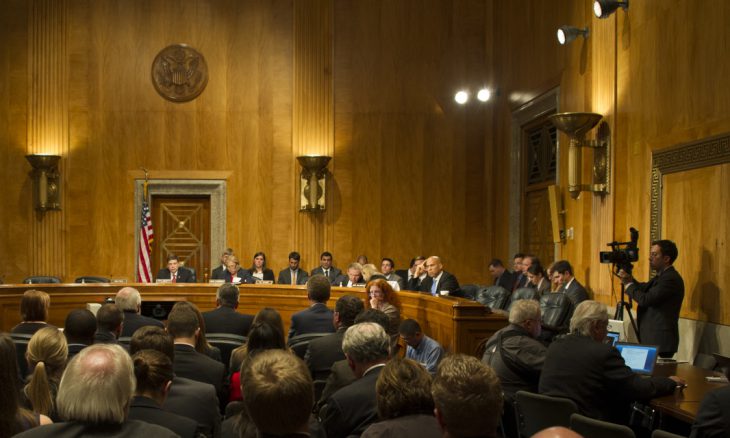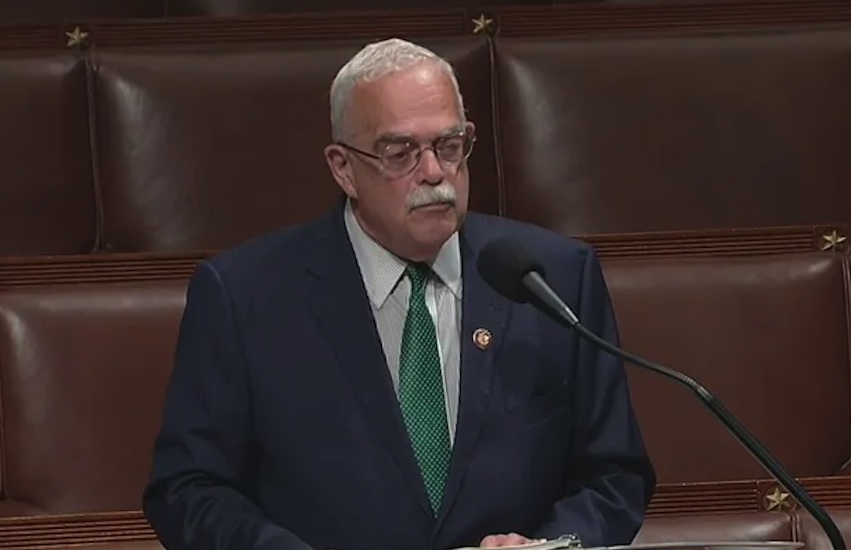Provide extensive information on treatments, economy, and health statistics.
A group of respected, experienced researchers spoke to the Senate Committee on Homeland Security & Government Affairs last week. These experts provided information that has not been widely disseminated regarding the treatment of COVID-19 and the severe downsides of extended stay-at-home orders.
Dr. Pierre Kory represented the Front Line COVID-19 Critical Care Working Group. An associate professor of medicine at the University of Wisconsin School of Medicine and Public Health, Dr. Kory outlined a medical protocol that has seen an extraordinary success rate in treating infected patients. He voiced concerns over the failure of governing health organizations to communicate their findings and implement adequate treatments.
Other experts to testify were Dr. David K. Katz, a preventative medicine and public health specialist who founded the Yale-Griffin Prevention Research Center, Dr. Scott Atlas of the Hoover Institution at Stanford University, who was formerly chief of neuroradiology at Stanford University Medical Center, Professor John P.A. Ioannidis from Stanford University, Dr. Tom Inglesby, director of the Center for Health Security, Bloomberg School of Public Health, Johns Hopkins University, and economist Avik Roy, president of the Foundation for Research on Equal Opportunity.
While agreeing that lockdowns were initially justified, the analysis regarding the detrimental effects of the continuation of the “one-size-fits-all” isolation strategy was clearly and concisely detailed by the researchers. Their testimonies were consistent in the urgent recommendation of alternate policies for the health and economic wellbeing of the U.S. population.
As the Lord Leads, Pray with Us…
- For the Senate committee to have wisdom in their consideration of these experts’ testimony.
- That the Administration would have clear understanding of the best methods to deal with the pandemic.
- For people to continue to turn to the Lord during the pandemic recovery.
Sources: Senate.gov, SciPol.org









